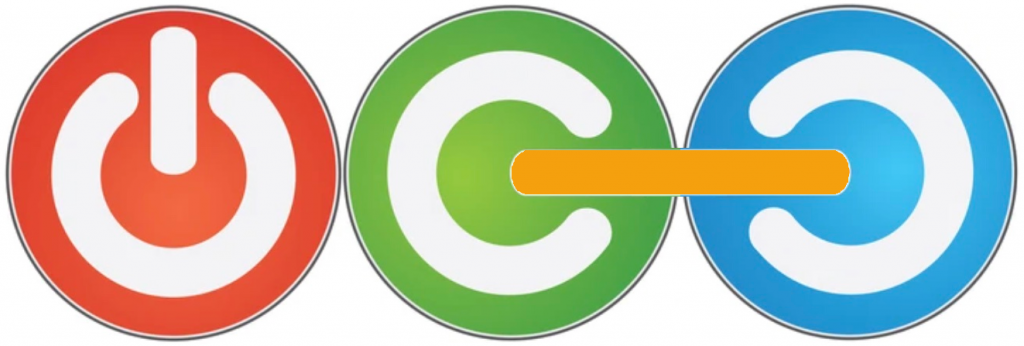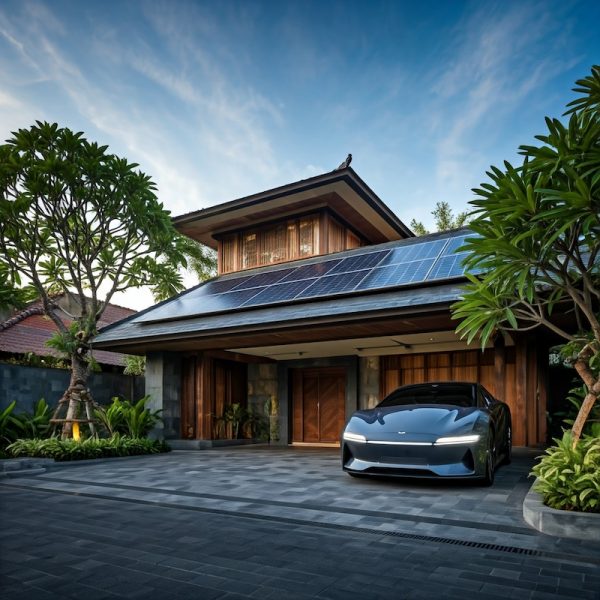1. What are renewable energy sources?
Renewable energy sources are natural resources that are replenished over time, such as sunlight, wind, water, and geothermal heat. Unlike fossil fuels, they provide clean energy without depleting finite resources or significantly harming the environment.
2. How do solar energy systems work?
Solar energy systems use photovoltaic (PV) panels to capture sunlight and convert it into electricity. This electricity can be used immediately, stored in batteries, or fed into the grid, depending on the system setup.
3. What is hydropower, and how is it used?
Hydropower generates electricity by using the kinetic energy of flowing or falling water to spin turbines connected to generators. It’s commonly used for large-scale energy production but can also be applied in small systems for localized power generation.
4. What are the benefits of using renewable energy?
Renewable energy reduces greenhouse gas emissions, lowers dependence on fossil fuels, and provides a sustainable, long-term energy solution. It also promotes energy independence, lowers utility costs, and creates job opportunities in green industries.
5. Can renewable energy systems power an entire home or business?
Yes, solar panels, wind turbines, or small hydropower systems can generate enough electricity to power a home or business. With the integration of energy storage systems, renewable energy can provide consistent power even during periods of low sunlight or water flow.
6. Are renewable energy systems expensive to install?
While the initial costs of installing renewable energy systems can be high, advancements in technology and government incentives have significantly reduced costs. Over time, savings on energy bills and maintenance often make it a cost-effective investment.
7. What industries can benefit from renewable energy?
Almost all industries, including agriculture, manufacturing, healthcare, education, transportation, and real estate, can benefit from renewable energy. It is particularly valuable for businesses aiming to reduce operational costs and meet sustainability goals.
8. How does renewable energy contribute to sustainability?
Renewable energy minimizes environmental impact by reducing greenhouse gas emissions, conserving natural resources, and decreasing pollution. It supports sustainable development by providing reliable energy without compromising the needs of future generations.
9. Can renewable energy work in remote areas?
Yes, renewable energy solutions like off-grid solar systems and micro-hydro technologies are ideal for remote areas where traditional power grids are unavailable. These systems provide clean and reliable energy for homes, schools, and businesses in isolated locations.
10. What is the lifespan of renewable energy systems?
Renewable energy systems, such as solar panels and small hydro setups, typically last 20–30 years or more with proper maintenance. Regular upkeep ensures optimal performance and extends the life of the system, making it a sustainable and long-term solution.
11. Is renewable energy right for me?
Yes, renewable energy is suitable for anyone looking to reduce energy bills, lower their carbon footprint, and contribute to a sustainable future. Whether you’re a homeowner, business owner, or part of a community, renewable energy solutions like solar or hydro can be tailored to meet your specific energy needs and goals.
12. Can I afford renewable energy systems?
Absolutely! While the upfront costs may seem significant, there are many options available to make renewable energy affordable. Incentives, tax credits, and financing options can significantly reduce the initial investment. Plus, the long-term savings on energy bills often outweigh the initial costs, making it a cost-effective solution.
13. I have a limited budget. How can I avail renewable energy solutions?
Even with a limited budget, you can access renewable energy solutions. Many providers offer flexible payment plans, financing options, and scalable systems that allow you to start small and expand later. Additionally, government programs and subsidies may be available to help cover the costs, making it easier to get started.
14. Can I use both solar and hydro energy systems together?
Yes, combining solar and hydro energy systems is not only possible but also highly beneficial. Using both allows you to maximize energy production throughout the year, as solar works best during sunny periods, and hydro is effective in regions with consistent water flow. Together, they provide a reliable and efficient energy solution.
15. What warranties are available on the major components and parts?
Most renewable energy systems come with manufacturer-backed warranties to ensure peace of mind. For solar panels, warranties typically last 10–20 years, covering performance and product defects. For inverters and batteries, warranties range from 5–15 years depending on the brand. Similarly, small hydro systems often come with warranties for turbines and generators lasting 10–20 years. Manufacturers are committed to quality and durability, and many offer extended warranty options to provide additional protection. Always check specific warranty terms with your provider. These system will last longer if proper maintenance is in place.



